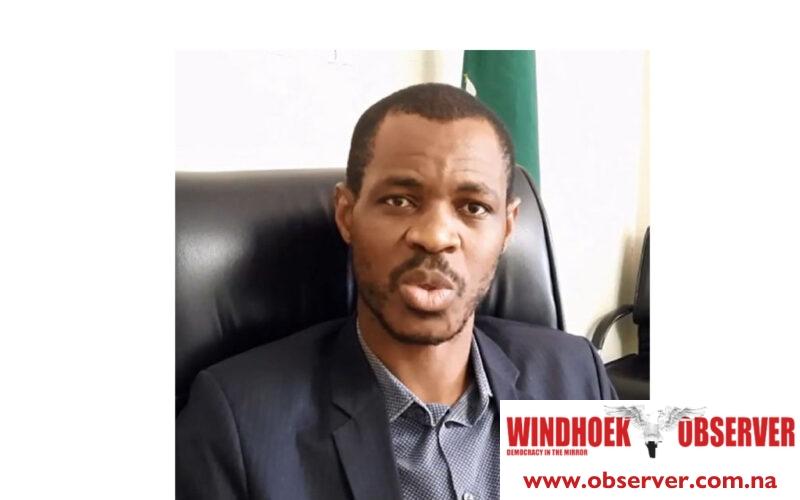Hertta-Maria Amutenja
In a legal battle that could reshape the landscape of electricity distribution in the capital city, the Windhoek Municipality Council has taken the Ministry of Mines and Energy (MME), along with the Electricity Control Board (ECB) and Ongos Valley Development (PTY) Ltd (OVD), to court.
The move follows a controversial decision by the Minister of Mines under Section 34 of the Electricity Act, granting Ongos Valley Development permission to operate its own electricity grid under the municipality’s electricity licenses.
City of Windhoek Chief Executive Officer (CEO) Moses Matyayi, linked a founding affidavit filed at the Windhoek High Court, outlining the grounds for the application.
“The decision impugned was communicated by ECB on 6 September 2022 by way of a letter in which the Applicant (City of Windhoek) was informed that the decision was made by the first respondent (MME) under the afore-stated section,” Matyayi asserted.
The purpose of the application is to seek an order reviewing, correcting and setting aside the decision made by the Ministry of Mines and Energy to allow OVD to operate its own electricity grid within the jurisdiction of Windhoek. The Municipality argues that the decision to grant permission to OVD is unlawful, ultra vires the provisions of Section 34 of the Electricity Act and was unfair, irrational and invalid.
The dispute traces back to July 2019 when OVD presented a concept note to the Municipality, outlining plans to establish a Virtual Power Plant using renewable energy technologies. The Municipality initially supported the concept, but permission to operate and maintain the electrical network was denied by a Council Resolution.
According to the affidavit, despite communication indicating compliance with existing legislation on renewable energy, the Municipality refused permission, leading to a series of correspondences between the parties.
The matter took a turn when the Minister of Mines and Energy, on 15 June 2022, gave the Municipality two options, either to allow OVD to distribute electricity under its licenses or to compensate OVD for its electricity infrastructure development costs.
“The Applicant was busy preparing a response to the First Respondent’s above letter when (surprisingly) it received communication from the Second Respondent incorporating the decision of the First Respondent,” read the document.
The crux of the Municipality’s argument lies in the interpretation of Section 34 of the Electricity Act.
“It is thus clear from the above that the decision taken by the First Respondent is unlawful on the following bases: Once the Applicant is taken or deemed to have ‘unreasonably’ refused under Section 34 of the Electricity Act, to agree to the Third Respondent operating under its licence then the First Respondent loses jurisdiction and power to decide under Section 34 of the Act,” Matyayi emphasized.
The Municipality contends that the decision-making process was flawed, as the Minister decided without referring the matter to the Electricity Control Board, as stipulated in the Act. The Municipality is seeking both a review and a declarator in this matter.




